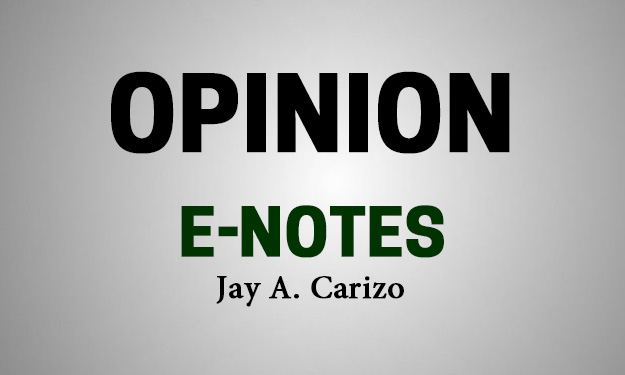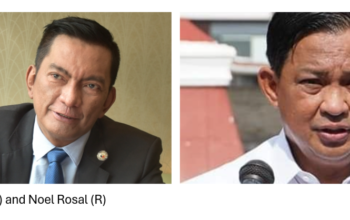Sometime ago I was commissioned by a local politician to conduct a survey adding that I should make him appear winner in the results. I was taken aback and asked about the real purpose of the survey he wanted. Was it for campaign strategy development or for propaganda? He replied that he wants both. I told him I can only do the first and if the results are in his favor, he can use the same for his messaging. He was surprised and said, “How come the previous pollsters I commissioned can do both?”
It took me sometime to explain how scientific surveys are conducted, how the respondents are selected, how questionnaires are developed, and how data are analyzed. It was squeezing a semester or two of research methods in an hour and a half.
The rise of “kalye surveys” and social media polls has tainted the credibility and reputation of legitimate and scientific surveys. In fact, some politicians could easily switch on and off the polling apps in social media, ask their followers to vote, and discard the results when these are not to their liking. A case in point is the Cavite governor who, rooting for Bongbong Marcos, deleted his tweet when Leni Robredo won in the poll he conducted. In later public pronouncements, he disputed his own survey and claimed that it was Marcos who won.
Was the survey wrong, or was it his intention?
Data is data and whatever the results are, we cannot and should not automatically brush aside the results. But there are things that should be made clear – the objective of the survey, the data gathering methodology and platform used, the period the data was gathered, the size and selection method of the sample population, and the treatment and analysis of data. Results can be skewed to suit one’s objectives depending on the other variables mentioned and in the case of Cavite’s governor, he used a wrong platform for data collection. Robredo garnered 81% of the 20,684 votes while Marcos only got a measly 11%. Had the governor used Facebook, the results could have been different.
But of course, even if he used Facebook, he may just be fooling himself and his presidential candidate. As I told the local politician who asked for a survey, the figures will be useful for propaganda purposes. Nothing more, nothing less.
Albay’s Second District Congressman, Joey Salceda, however, knew what he wants and has an appreciation for data. A few months ago, Salceda surveyed his Facebook followers who their preferred presidential candidate is. The results favored Robredo and a few days later, Salceda threw his support to the Vice President. This is because Salceda knows his objective along with the crowd – his followers whose sentiments he would like to understand, at least in the choice for presidential candidate to support.
Surveys are a result of a fleeting moment. Yesterday’s survey results may be different from today’s. It is like getting a glass of water in the middle of a flowing river. The results are true only during the moment you scoop the water, and how you did it. A survey respondent who claimed that he was poor during the data gathering may have won a lottery ticket the next day and thus changed his status and perspective. Survey results done a month ago may be valid during the time it was conducted but could already be passé after the #OlymPINKS or the series of volunteer-organized rallies for Robredo, or after Marcos’s refusal to attend the presidential debates, or both. That is, assuming that the methodologies for the sample selection and data gathering are scientifically and objectively done.
Of course, the processing and statistical treatment of data also matters. I have read a number of reports done by a communications agency that consolidated a number of Facebook surveys conducted in different periods and presented them as if it speaks of the voting preference of all the 65.7 million Filipino voters. Well, first and foremost, not all Filipinos are in Facebook and not all who are in the social media are voters. Second, consolidating the surveys to make it appear that the study was based on a large number of sample population is also violating simple common sense. A Facebook user could have multiple accounts, and the same person could have participated in a number of polls that were included in the consolidation. In a sense, the communication agency is peddling a wrong information.
So, should we trust the surveys? The answer is yes if its objective is clear, and the methodologies are transparent particularly on how the data was gathered, processed and analyzed; how the sample was computed and selected; and when were these surveys conducted. Otherwise, treat them as mere part of campaign propaganda. The local politician took these to heart and had been winning his elections until his retirement.
JAY CARIZO IS A LOCAL GOVERNANCE AND POLITICAL ECONOMY EXPERT. HE ALSO SPECIALIZES IN SURVEYS AND CAMPAIGNS.









